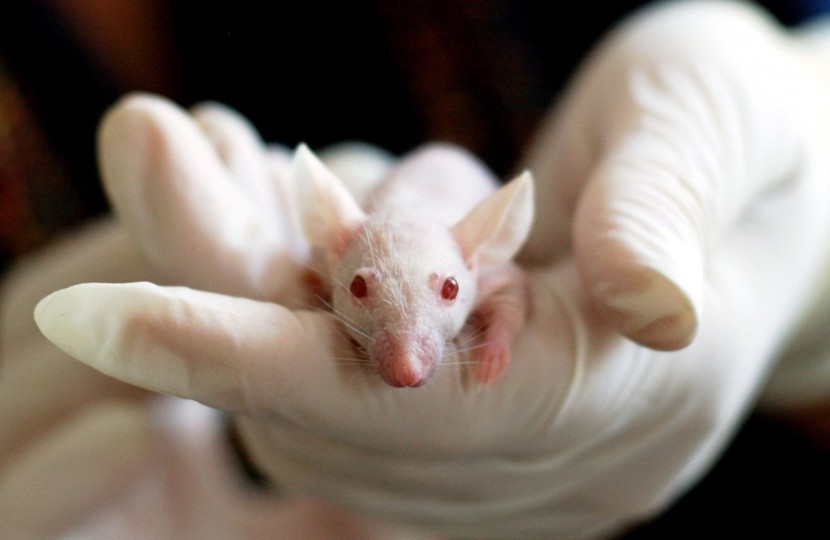
Chinese scientists have successfully bypassed millions of years' worth of evolution in mice, creating the world's first mammal with completely reprogrammed genes.
The large-scale changes would ordinarily take millions of years to achieve naturally via evolution. This kind of research might shed light on diseases stemming from chromosomal abnormalities in humans, according to a new study published in Science.
Completely Reprogrammed Genes
Researchers from China worked with mice, which normally have 20 pairs of chromosomes, and performed the experiment on embryonic stem cells from unfertilized mouse embryos. Each of these only contained one set of chromosomes.
The scientists then found that getting rid of three imprinted regions can kick off genomic imprinting in embryonic stem cells. As a result of the experiment, they could fuse chromosomes in these cells and allow them to grow into embryos.
The team also fused two medium-sized chromosomes, the tail of number 4 to the head of number 5, leading to cells dubbed "4+5." In other stem cells, they fused the two largest chromosomes, numbered 1 and 2 by either sticking the tail of chromosome 1 to the head of chromosome 2 or fusing the tail of chromosome 2 with the head of chromosome 1, as per Inverse.
The scientists then injected these altered embryonic stem cells into mouse egg cells, where they could develop into embryos in surrogate mouse mothers. These each had only 19 pairs of chromosomes, one pair fewer than natural mice.
Read Also: Scientists Discover Fossil of Giant Sea Lizard That Terrorized the Seas During the Cretaceous Era
While mouse pregnancy lasts around three weeks, the genetic tweaking only took a few days, magnitudes quicker than actual evolution. The team observed that the 2+1 cells acted abnormally, so the embryos died only about 12 days into development. Compared to both typical mice and the 4+5 mice, the 1+2 cells developed into pups that grew into larger, more anxious, and slower-moving adults.
According to Yahoo News, the researchers, who are from the Chinese Academy of Sciences (CAS) in Beijing, used the gene-editing tool CRISPR. Chromosomes hold DNA in a cell's nuclei and break apart and recombine naturally via a complicated and delicate process.
Massive Scientific Breakthrough
In the past, humans have only succeeded in replicating the process in a laboratory with single-cell organisms like yeast. In a statement, Li Wei, the study's lead author and Institute of Zoology researcher at the CAS, said, "Mammalian genomes are much more complex than yeast genomes, and complete chromosomal rearrangements in mammals have remained unsuccessful."
When there are errors during such separation and fusion of chromosomes in natural conditions, the occasional results are cancer and other serious conditions. When Li and his colleagues manipulated the chromosomes, they also made some mistakes that resulted in either death in the produced mice or specimens with deformities or weird behaviors.
Another researcher, Li-Bin Wang, said that genomic imprinting is frequently lost, which means that information about which genes should be active disappears in haploid embryonic stem cells. This limits their pluripotency and genetic engineering. Wang noted that the team recently discovered that by deleting three imprinted regions, they could establish a stable sperm-like imprinting pattern in the cells, Science Alert reported.
Related Article: Mysterious Illness Similar to Canine Parvovirus Is Killing Michigan Dogs by the Dozens
© 2026 HNGN, All rights reserved. Do not reproduce without permission.








